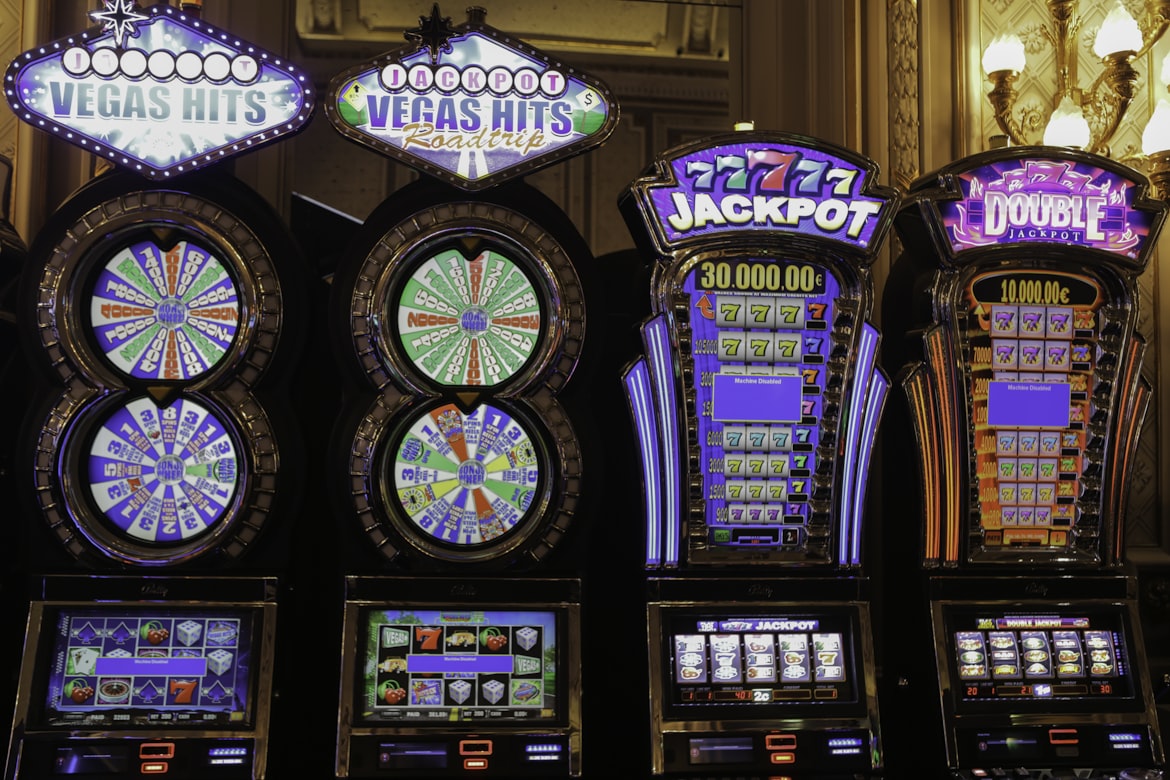One of the most common forms of entertainment on Canadian soil is wagering and playing in casinos for actual cash. However, like to other regions of the world, local gambling regulations are said to be somewhat complex.
The government of the nation has approved a number of land-based gaming operations as of late. The same holds true for a few types of online gaming. Some regulations governing casinos and gambling services offered by businesses with foreign headquarters are still not entirely clear. Learn more about online casinos in Canada here.
Canadian Gambling Laws
The history of the nation’s casinos and gaming sector is complicated. It was once lawful, as it is in many other nations, but in 1892 specific pieces of legislation declared it to be against the law. The legislation loosened up more and more as time went on.
Bingo and informal raffles were only permitted for charitable gatherings after the 1900s, while horse races were approved a decade later. The legalization of gambling machines in 1985 marked a significant advancement. A few years later, casinos began to spring up all throughout the nation as gaming establishments gained popularity among local gamblers.
The Criminal Code of Canada
The law that defines illicit gaming operations within Canadian borders is the Criminal Code of Canada. Currently, the provinces have the authority to manage and authorize specific casinos, including online casinos.
In general, gambling and engaging in any form of gaming in Canada are prohibited by the country’s Criminal Code, unless they fall under one of the several exceptions noted in the Code itself.
Part VII of the Code contains the provisions that forbid the operation of gambling establishments on national soil. Section 207 has a few exceptions. However, the issue is a little more complicated because provincial governments have the authority to organize and manage lotteries as well as various other games of chance that are run on or through a computer (online gambling). Such websites are required to be run by the provincial governments themselves under current Canadian law.
Casino Kahnawake Commission
The Kahnawake Gaming Commission is a unique gaming regulatory agency with the authority and duty to grant licenses and oversee a number of online casinos, online poker rooms, and sportsbook websites. The Gaming Commission has been given authority over three land-based poker operations that are located on the Mohawk Territory of Kahnawake in Quebec.
Casinos must fulfill specific requirements in order to be granted a license by the Kahnawake Gaming Commission. The government’s attempts to create a supportive atmosphere for Kahnawake Internet gambling have led to this overall model of online regulation. For precisely this reason, it is thought that Canada would benefit from a legal framework that grants some provinces the authority to oversee, manage, and govern the gaming sector inside their boundaries.
The agency in charge of ensuring that Quebec’s Mohawk Territory of Kahnawake complies with gaming laws is known as the Gaming Commission. It is also the institution in charge of providing online poker, casino, and sportsbook gaming operators with legitimate licenses.
The commission’s guiding principles include a commitment to fair gambling, guaranteed payments, and a regional focus. The Commission now grants four different license categories in accordance with the rules corresponding to Interactive Gaming of September 22nd, 2010.
Canadian online gambling industry
Nowadays, practically all gaming activities are permitted on Canadian soil. However, since the government of the nation does not issue local businesses a license to run Internet casinos, online gambling is thought to be a tougher position.
The legal status of online casinos and gambling enterprises has long been ambiguous in Canada. Up until the 1960s, the nation was adamantly opposed to gambling, but after that point, the government gave provinces the authority to decide whether to permit gambling and poker inside their borders. At this time, certain provinces started running lotteries, and a few casinos were built across the nation.
It is now prohibited to host a gambling website on Canadian soil, as stated in the country’s Criminal Code. Nevertheless, each province is allowed to approve particular forms of gambling that may be “operated on or through a computer” inside its boundaries. This is what is truly seen as providing an opening for each Canadian province to determine whether to allow internet gambling within its borders.
The fact that the Criminal Code of Canada clearly states that only the federal government and the provinces of Canada may run any type of gambling makes the matter seem even more complicated.
One exception to this regulation is that the Kahnawake Mohawk Nation has been granted authority to offer gamblers access to its own casino website. The Attorney General of the nation vehemently opposed this activity, claiming that it violated Canadian gaming rules. However, no measures, such as closing the casino, have been taken against the Kahnawake Mohawk Nation.
